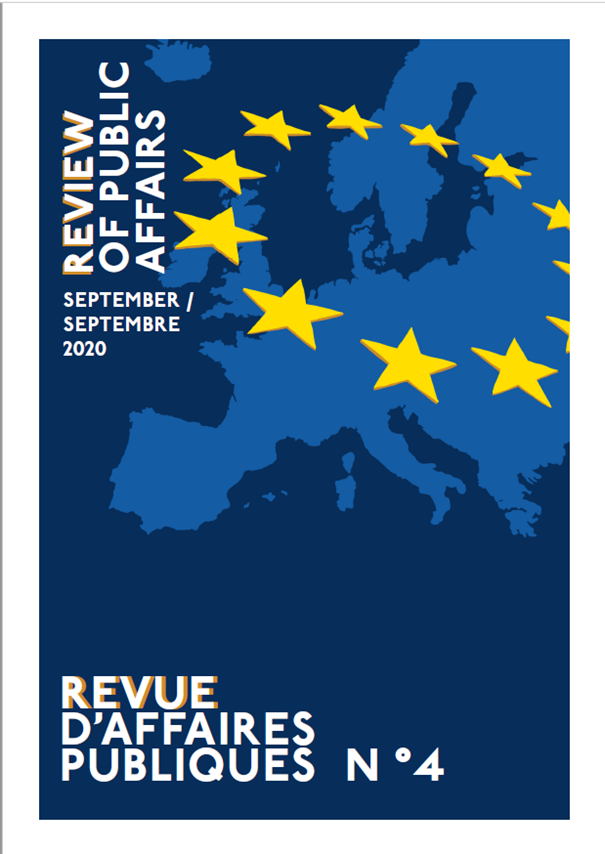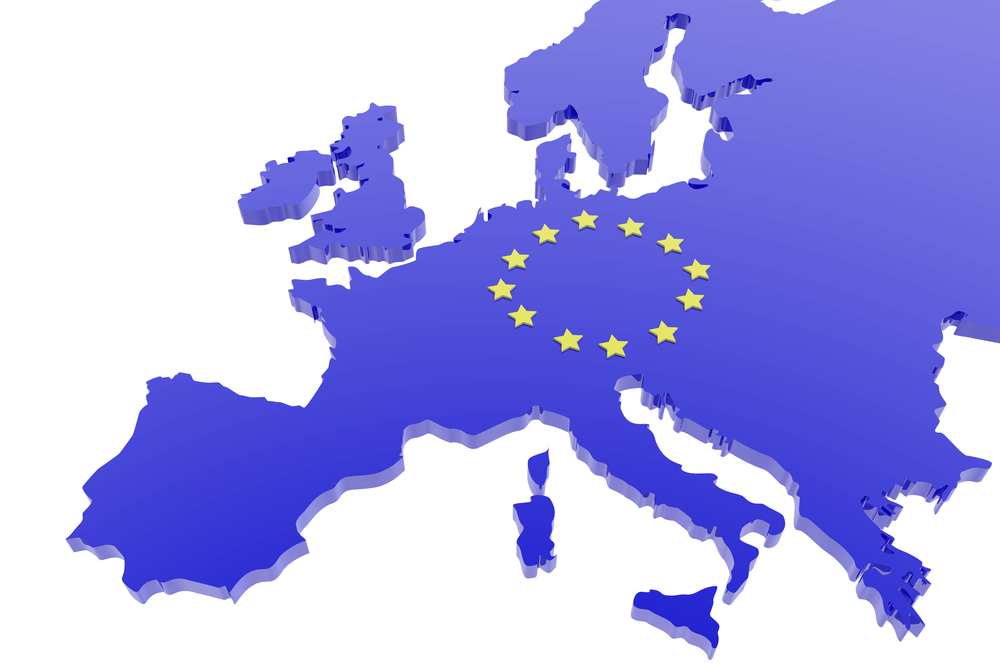Shaping the future of the EU: reviving the Europeanisation process

More than ten years after joining the European Union (EU), the Central and Eastern European countries (CEECs) exhibit a puzzle of attitudes and conceptions regarding the EU.

The long-awaited convergence of direction between old and new, West and East, core and periphery, which academics of European integration claimed will automatically follow after CEECs gained access to membership, is still a ‘work in progress’. Unconditional and sustained engagement with the EU is no longer the norm in the CEE member states, beliefs and norms at the European and national level become to different extents for some member states contradictory to European ones; while some political elites find more inspiration for their policymaking and governance styles abroad than among their EU peers.
Against this patchwork of levels of engagement with the EU, the process of Europeanisation in the CEECs can now be discussed from a new perspective, that of de-Europeanisation. If Europeanisation can be defined as a dynamic transformation of domestic structures because of EU membership, the concept of de- Europeanisation has been approached as a “departure from the European model” (Castaldo and Pinna) emerging “at an informal level”, namely in “attitudes, values, praxes and ways of doing things”, or as “an indispensable part of the outcome range” of the process of Europeanisation (Schimmelfenning, Wozniakowski and Matlak). This paper regards de-Europeanisation as a possible (though not mandatory and arguably avoidable) stage in the Europeanisation process, implying a manifest disengagement with EU’s values, rules, procedures and institutions or openly contesting these. It has a transformative impact both at the domestic and EU level, as it obstructs progress towards advancing European integration, by undermining internal cohesion, mutual trust and collective power of action (including credibility and legitimacy of the EU at home and abroad). It is in order to prevent a process of de-Europeanisation to install itself in Europe that one can argue that a new and more constructive dynamic must be instilled in the Europeanisation process.
A reset for the Europeanisation process is vital, in a context where the de-Europeanisation stage poses a risk of becoming a problem to the EU. As Professor Weiler argues, the European project was established on three “founding ideals” namely peace, prosperity, and supranationalism, however it has been increasingly reduced to a “market inflected scheme of cooperation (...) [where]only prosperity resonates as a still-current value in European public discourse”. Faced with this dilution of values and instrumental use of membership status, the Europeanisation process seems to quickly lose in capacity of constructively transforming EU actors, in the sense of directing them towards greater convergence. Initiatives such as values-based allocation of structural funds, although reasonable, if segmented and not part from a comprehensive framework of action, are not likely to yield long-term sustainable and positive outcomes for the EU. Hence, an Europeanisation reset must be conceptualised based on three essential preconditions: Europeanisation must be seen as part of a larger project of establishing a new political and legal European order iv (n°1); it must be founded on the logic that “If Europeanization is to produce change, it must precede change” (C. Radaelli) - thus have a proactive dimension (n°2); it ought to be acknowledged as “both vision and process” (Borneman and Fowler) (n°3).
Thus, a reset of the Europeanisation process should be comprehensive, prospective, and proactive in order to deliver a long-term valuable change in the current state of EU affairs. To be more specific, this renewed model should be able to strengthen a community of shared values, where legitimacy and cooperation are based on the principles of a level playing field and inclusive governance.
> Read the article in the Sciences Po Review of Public Affairs, No.4, September 2020

Available in:
Regions and themes
Share
Related centers and programs
Discover our other research centers and programsFind out more
Discover all our analysesWater in Mexico: an Emergency that Will Wait
Access to water is already and will become increasingly problematic for Mexican economic actors due to the progressive scarcity of the resource resulting from climate change, a geographical distribution that does not coincide with that of the population or economic activity, and management that has so far been far too lax.
AI, Data Centers and Energy Demand: Reassessing and Exploring the Trends
The information and communication technologies sector today accounts for 9% of global electricity consumption, data centers for 1-1.3%, and artificial intelligence (AI) for less than 0.2%. The growing energy demands of cloud services first, and now AI workloads (10% of today’s data centers electricity demand), have exacerbated this trend. In the future, hyperscale data centers will gain shares amongst all kinds of data centers and AI will probably account for around 20% of data centers electricity demand by 2030.
Unlocking India’s Energy Transition: Addressing Grid Flexibility Challenges and Solutions
India is rapidly scaling up its renewable energy (RE) capacity, adding 15–20 GW annually, but the ambitious goal of 500 GW of non-fossil capacity by 2030 is at risk unless the pace accelerates.
Europe’s Black Mass Evasion: From Black Box to Strategic Recycling
EV batteries recycling is a building block for boosting the European Union (EU)’s strategic autonomy in the field of critical raw minerals (CRM) value chains. Yet, recent evolutions in the European EV value chain, marked by cancellations or postponements of projects, are raising the alarm on the prospects of the battery recycling industry in Europe.










